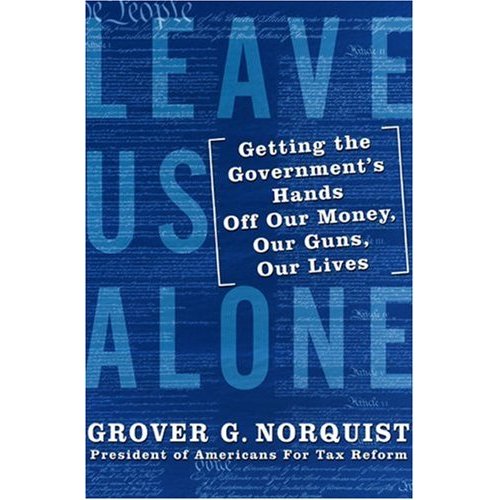Here's the limb: I don't support hate crime legislation. This position puts me at odds not only with the gay orthodoxy (something that isn't new) but also the unorthodox Log Cabin Republicans. I don't support hate crime sentence enhancement with regards to race or religion and so even if it would benefit me, it would be hypocritical, to say the least, for me to support it in regards to sexual orientation.
I am certainly in favor equal rights for sexual minorities, indeed any minorities. Do I want Marriage? Sure, If a church is willing to give it to me, but honestly I’ll settle for a civil union that would allow me the same civil benefits afforded to married straight couples. Do I want to have the option to adopt children? Without a doubt! Do I want to leave my estate to my partner intact? Of Course! Do I want to be able to help provide my partner with health care? You bet! Do I want someone to get a worse sentence for killing me because I’m gay than for killing me because I have money? NO! At the end of the day what I want is equality, not special rights. My sexual orientation definitely should not relegate me to a worse position in society, but it also shouldn’t, on the other hand, afford me any better a position.
One poster in the comment conversation made an excellent point that hate crimes are not just against the actual victim but are intended to be against a group and about sending a message. However, the reason I don't support hate crime laws is that I’m concerned a special status for gays will do more to retard acceptance than to accelerate it. I certainly want to see any any bullying punished, but making it worse to kill a straight kid than a gay one will only nurture the resentment that led to a hate crime in the first place. My point is that the danger of fostering such resentment by giving certain classes of people special protection outweighs, in my mind, any good done by the justice of compensating for the emotional injuries of those not directly involved.



3 comments:
I completely agree with you on this matter, or at least agree with your comments here (perhaps if we had a long conversation about this over a few beers, we'd eventually find ourselves at odds about something).
For my money, Andrew Sullivan still is the best on these issues. I am about halfway through Virtually Normal and am surprised to find him so far ahead of his time (he wrote VN about a decade ago). Of course, the Foucault inspired gay liberationists who must transgress all boundaries and resist all hetero-normative powers, cannot abide arguments like Sullivan's, or your own. The great hope of a gay man should be to be considered simply a man, an individual with rights, freedom, and dignity, equal before the law.
I cannot go into this here, but we should all tremble at the prospects for the rule of law when different "groups" ask to be treated differently by the state and its laws. The genius of, and only foundation for the rule of law, is that it treats different individuals equally. A basic legal framework -- known rules and laws -- that treat a variety of contingent and unequal human beings equally is a necessary part of genuine freedom. We should know this by now, but so it goes...
I am in partial agreement with you, but feel that if the crime may not result in a life sentence or is a capital offense, that punishing under this statute may give more prison time to someone who would be highly motivated to commit another similar crime against similar victims.
If it is a death case type crime or life imprisonment, what else could you do?
voice,
Your point is an interesting one, and I admit it did make me think. Certainly you are correct that Hate crime enhancements put folks in jail longer, meaning they have less opportunity to commit similar crimes. My worry is that if we tell these perpetrators if they hadn't picked on a gay/black/Jewish/ person they would only get 3 years instead of 6, it will just fuel the anger against the protected group. Not only of the person going to jail but also all his buddies/supporters. I don't have any empirical research on this, but I worry that pointing out the protection of certain classes would exacerbate the recidivism rate of crimes against those classes. Remember with hate crimes, the motive is an irrational bias. With an irrational crime I am not convinced that the deterrent effect of our criminal justice system operates at its strongest.
Post a Comment